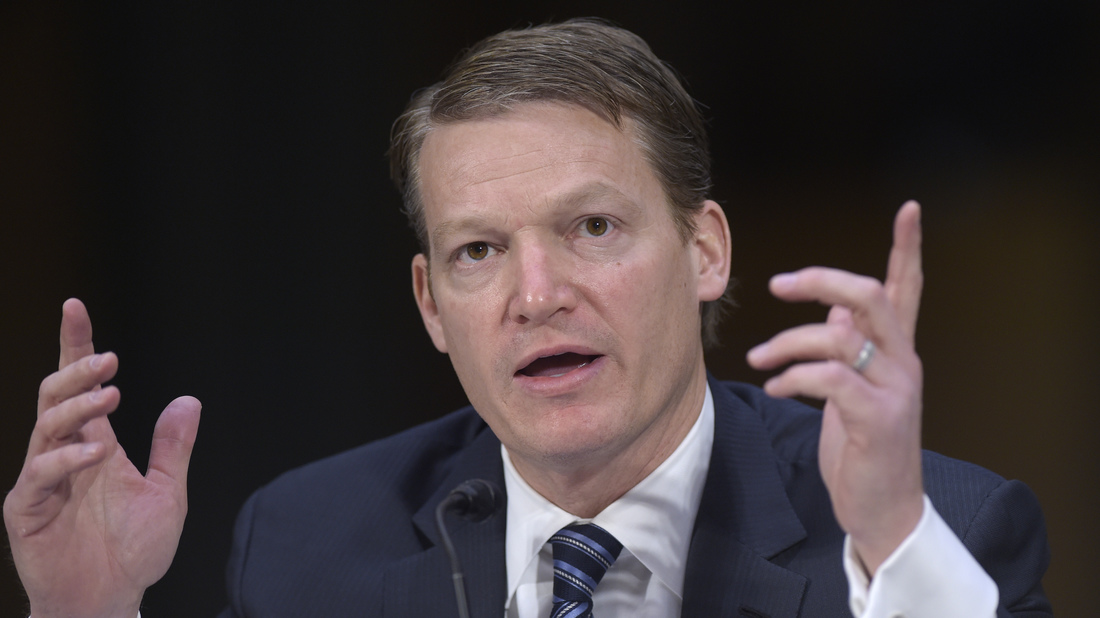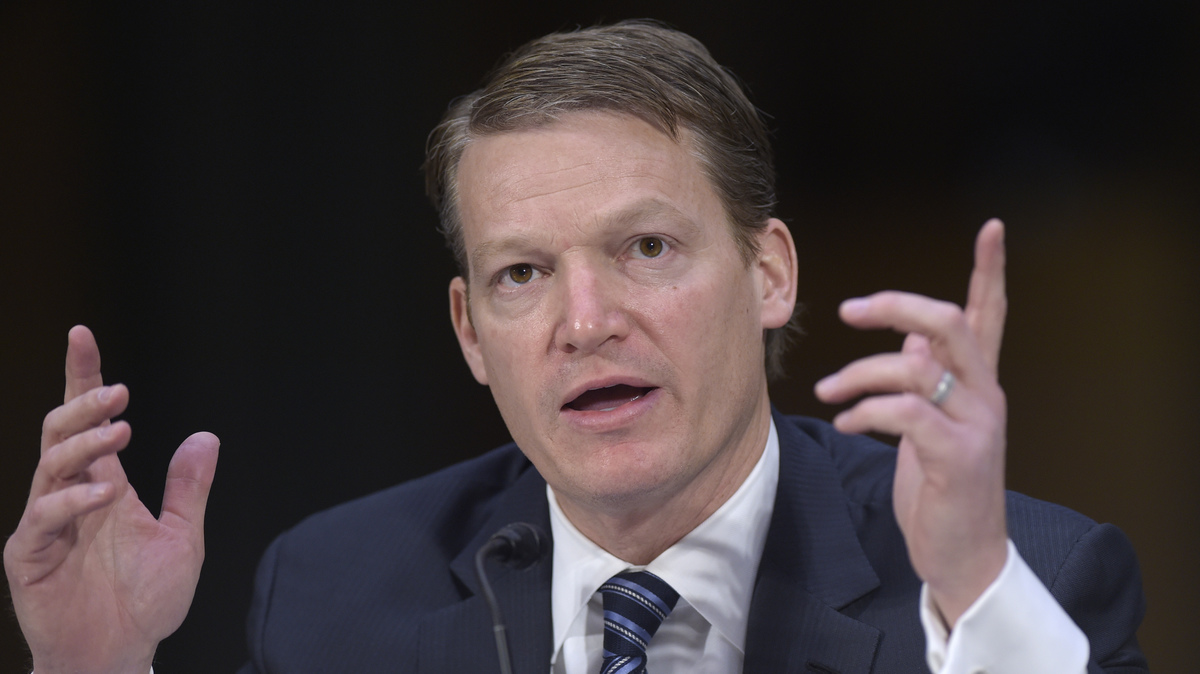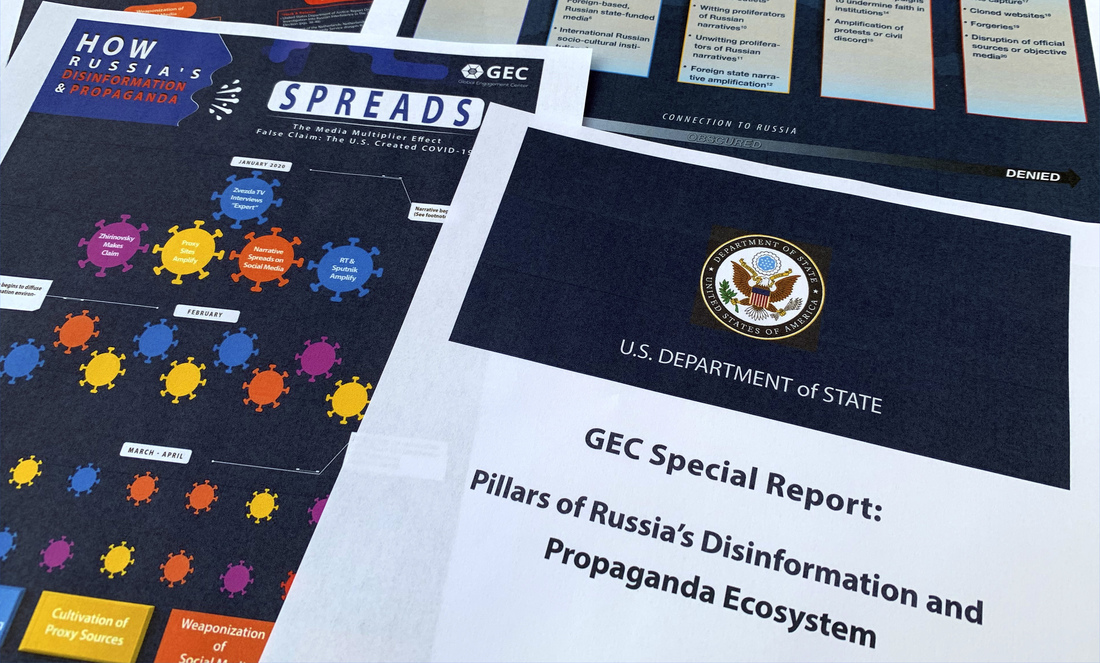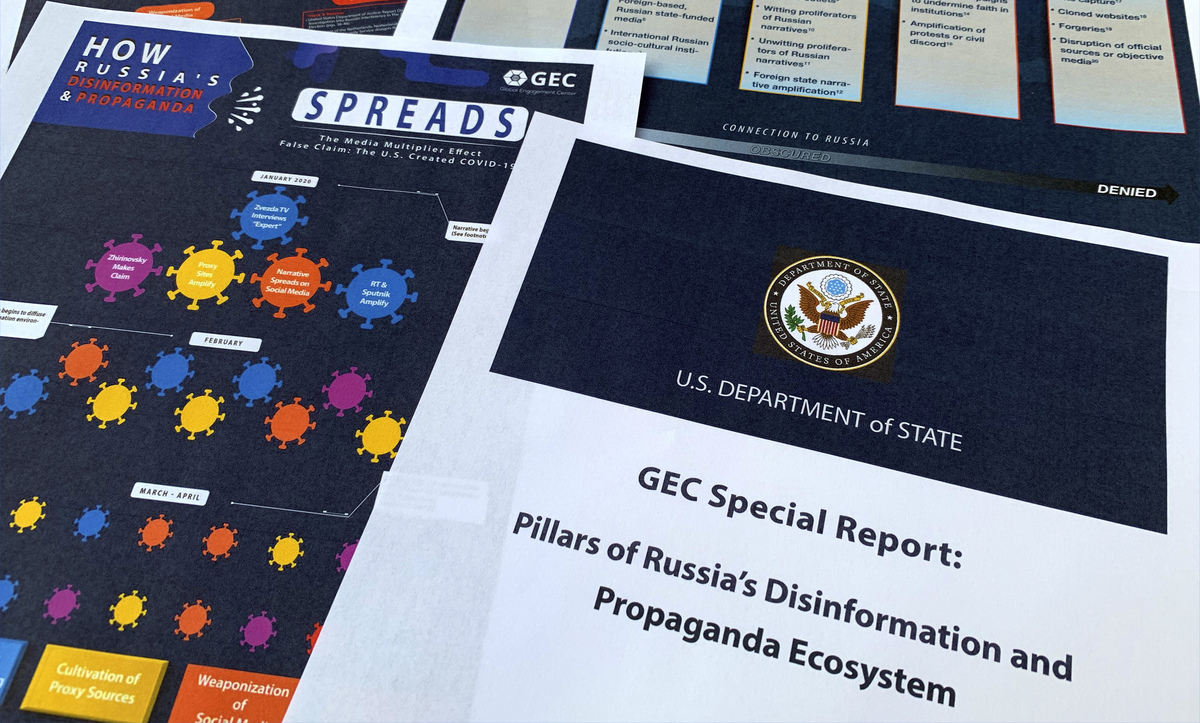Russian Hackers Suspected In Cyber Attack At Federal Agencies : NPR
News Highlights: Russian Hackers Suspected In Cyber Attack At Federal Agencies : NPR.
According to reports, the US Treasury Department, which is featured here in 2019, was hacked along with the US Department of Commerce. Russia is suspected, but denies involvement. The US government has acknowledged a violation and says it is investigating to make a full assessment.
Patrick Semansky / AP
hide caption
switch caption
Patrick Semansky / AP
According to reports, the US Treasury Department, which is featured here in 2019, was hacked along with the US Department of Commerce. Russia is suspected, but denies involvement. The US government has acknowledged a violation and says it is investigating to make a full assessment.
Patrick Semansky / AP
Updated at 5:00 p.m. ET
According to US officials and media reports, Russian hackers working for the Kremlin are said to be responsible for breaches of US government computer systems in the Treasury, Commerce and Homeland Security departments, which may have taken months to be discovered.
The hackers had allegedly broken into the email systems of the government departments, but the full extent of the breach was not immediately apparent as US officials rushed to make an assessment. There are concerns that hackers may have invaded other government departments and perhaps many private companies as well.
The Department of Commerce, the National Security Council and the Department of Homeland Security all acknowledged the breach in brief statements but did not provide details.
“We can confirm that there has been a breach in one of our offices,” said the Department of Commerce.
“We have worked closely with our agencies regarding recently discovered activity on government networks,” said NSC spokesman John Ullyot.
The US government did not identify Russia or any other actor as responsible.
Reuters first reported the story on Sunday, and subsequent reports identified Russia’s foreign intelligence agency, the SVR, as the most likely culprit.
Russia’s SVR, the rough equivalent of the CIA in the US, was blamed in 2014-15 for major hacks involving unclassified email systems at the White House, the State Department and joint chiefs of staff.
Russia on…











